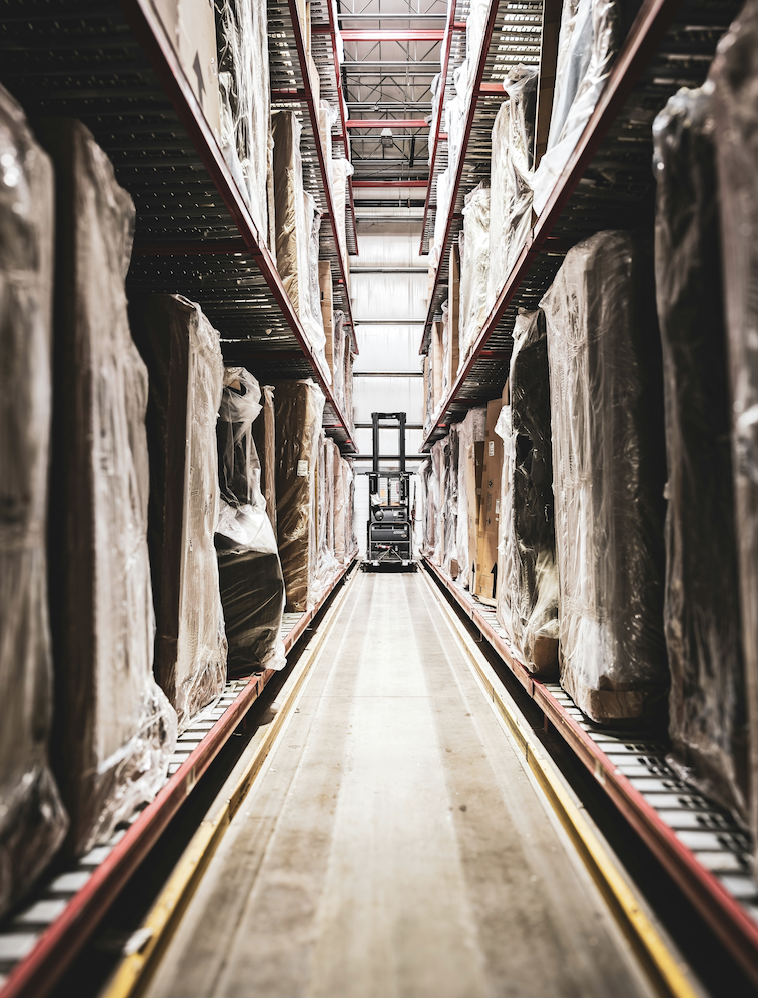The pressure to reconcile economic performance with environmental responsibility has never been greater. For companies, the challenge is clear: optimize operations while reducing their carbon footprint. In this equation, artificial intelligence plays a central role.
Reducing Impact by Optimizing Inventory
Overstocking generates more than just financial costs—it also leads to environmental losses. In Europe, nearly 10% of unsold products end up destroyed or heavily discounted at the end of their cycle, directly contributing to waste and emissions.
On the other hand, poorly anticipated stockouts lead to emergency deliveries, increased logistics flows, and higher transport-related emissions.
With AI-powered inventory optimization, it becomes possible to better anticipate actual demand. AI dynamically adjusts minimum and safety stock levels, allowing for better product turnover and significantly reducing environmental impact.
Less Waste, More Visibility
Forecast accuracy is a key driver of sustainability. By cross-referencing historical data, market signals, and logistical constraints, AI improves inventory tracking and feeds more reliable commercial dashboards.
Predictive analysis can even identify products at risk of overstock or obsolescence, enabling corrective actions before waste occurs. This leads to reduced product waste, better resource allocation, and a lighter logistics footprint.
By reducing forecast errors, avoiding waste, and streamlining logistics flows, AI helps achieve a true balance between economic performance and environmental impact.
Rethinking Logistics Optimization with Carbon Constraints
Logistics optimization can no longer focus solely on cost and speed. Carbon data is becoming a decision-making variable. Flow consolidation, fewer empty miles, and inter-site pooling must now be justified based on their environmental impact—traceable in regulatory carbon reporting.
The carbon footprint will no longer be an optional CSR tool but a legal requirement. The supply chain is becoming a key lever to meet this obligation while boosting competitiveness. Implementing intelligent forecasting, lean inventory management, and data-driven logistics is now essential to combine compliance and performance.
Our articles
Own your operations with AI Intelligence























